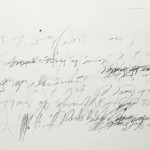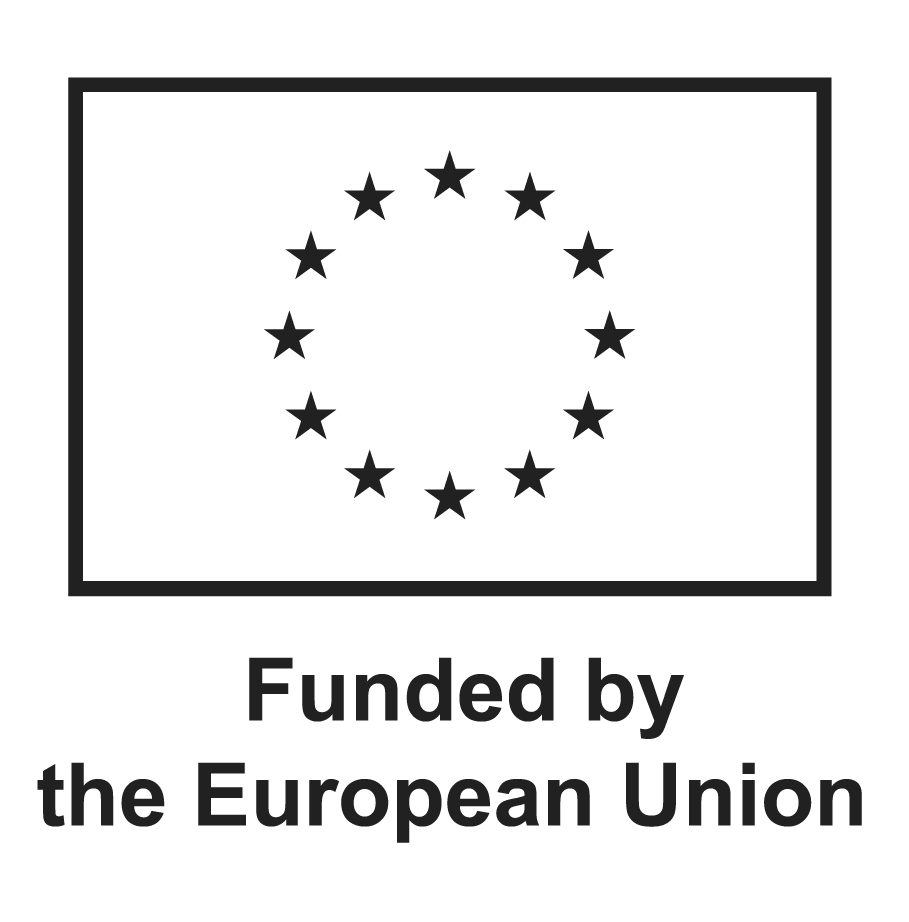

The Void Belonging to Created Things
During her time at Q-O2 Sarah Hughes is using the six books of Lucretius’ De Rerum Natura (On the Nature of Things) as a ground for her interest in composition, series and extrapolation.
Hughes’ longstanding engagement with the poem takes the form of installation, composition, text and collage, each made in response to both the book’s structure, its exposition of materialist philosophy and the various repetitions throughout the poem – identical wordings, passages or phrases that appear in the books which remained unfinished at the time of Lucretius’ death c.55BC, and remain the subject of some debate.
Renowned classical academic J. D. Duff proposes that while Lucretius was “engaged upon the latter parts of his work, it often struck him that the argument in hand might serve in an earlier discussion; whereupon he turned back and hastily inserted some provisional lines in his manuscript. In the course of revision he would have expanded or removed such insertions.” It is generally accepted that these repetitions were not intended to appear so explicitly in the text, yet many of Lucretius’ translators choose to retain them, thereby demonstrating the poet’s process of composition, the interconnections he saw between Natural Science (as physics was then understood), Ethics and Logic, as well as providing a provocative anomaly that can be conducive for creative engagement with the text.
An expanded conception of composition is here explored through the placing together of found materials, both as objects and composites, using repetition, insertion, convention and parallels that mirror elements of De Rerum Natura.

 Sebastian Dingens - WALKS
Sebastian Dingens - WALKS

 Pavel Tchikov 29/11/23
Pavel Tchikov 29/11/23

 Nika Son - Scatter
Nika Son - Scatter


